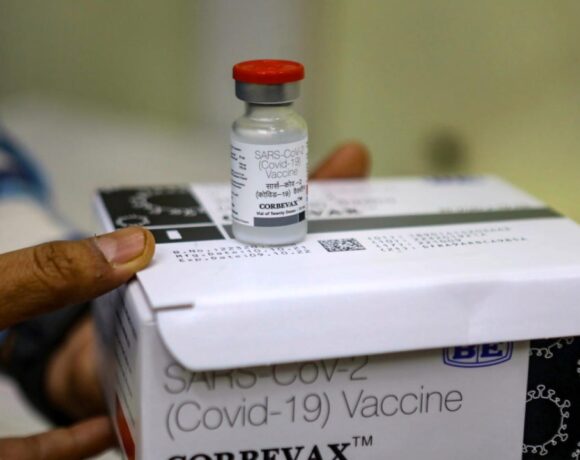Creating a Safe Haven: 7 Things to Avoid Keeping in Your Child’s Room

Creating a safe and nurturing environment for your child is crucial for their overall well-being. As a parent, it’s important to ensure that your child’s room promotes their physical and emotional development. While each child is unique, there are certain items you should consider avoiding in their personal space. In this blog post, we will discuss seven things to avoid keeping in a child’s room to maintain a safe and positive environment.
- Electronics: Excessive screen time can negatively impact a child’s sleep patterns and overall well-being. To promote healthy sleep habits and prevent distractions, it’s best to avoid keeping electronic devices like televisions, computers, and smartphones in their room. Instead, encourage them to engage in activities that stimulate creativity, imagination, and relaxation.
- Unsafe or Fragile Items: Ensure that your child’s room is free from any potentially dangerous or fragile items. Remove sharp objects, heavy furniture that could topple over, and breakable decorations. Make sure their room is a safe space for exploration, play, and learning.
- Unhealthy Snacks and Beverages: Promoting a healthy lifestyle starts at home, including your child’s room. Avoid keeping sugary snacks, junk food, and carbonated drinks in their personal space. Instead, provide nutritious alternatives like fresh fruits, vegetables, and water. This encourages healthy eating habits and helps prevent dental issues and weight-related problems.
- Excessive Clutter: A cluttered room can lead to stress, lack of focus, and difficulty in organizing for children. Help your child develop good organizational skills by keeping their room neat and tidy. Remove unnecessary clutter, such as broken toys or outgrown clothes, and provide appropriate storage solutions to teach them the value of organization.
- Violent or Age-Inappropriate Media: It’s essential to monitor the media content your child is exposed to. Avoid keeping violent or age-inappropriate movies, video games, or books in their room. Instead, curate a selection of age-appropriate books, educational materials, and games that promote their cognitive and emotional development.
- Medications and Cleaning Products: Keep potentially harmful substances out of your child’s reach by storing medications and cleaning products in a secure place outside their room. Accidental ingestion of these substances can have serious consequences. Ensure that any necessary medications are kept in a safe location, and teach your child about the importance of seeking adult supervision when they feel unwell.
- Lack of Personal Space: While it’s essential to avoid excessive clutter, it’s equally important to create a space that allows your child to express their individuality. Avoid overly controlling or micromanaging their room design and give them the freedom to personalize their space within safe boundaries. Encourage them to choose colors, decorations, and artwork that reflect their personality and interests.
Creating a safe and nurturing environment in your child’s room is crucial for their growth and well-being. By avoiding electronics, unsafe items, unhealthy snacks, excessive clutter, age-inappropriate media, hazardous substances, and providing personal space, you can foster a positive atmosphere that supports your child’s development. Remember, every child is unique, so adjust these guidelines to suit your child’s specific needs and interests.
Picture Courtesy: Google/images are subject to copyright








